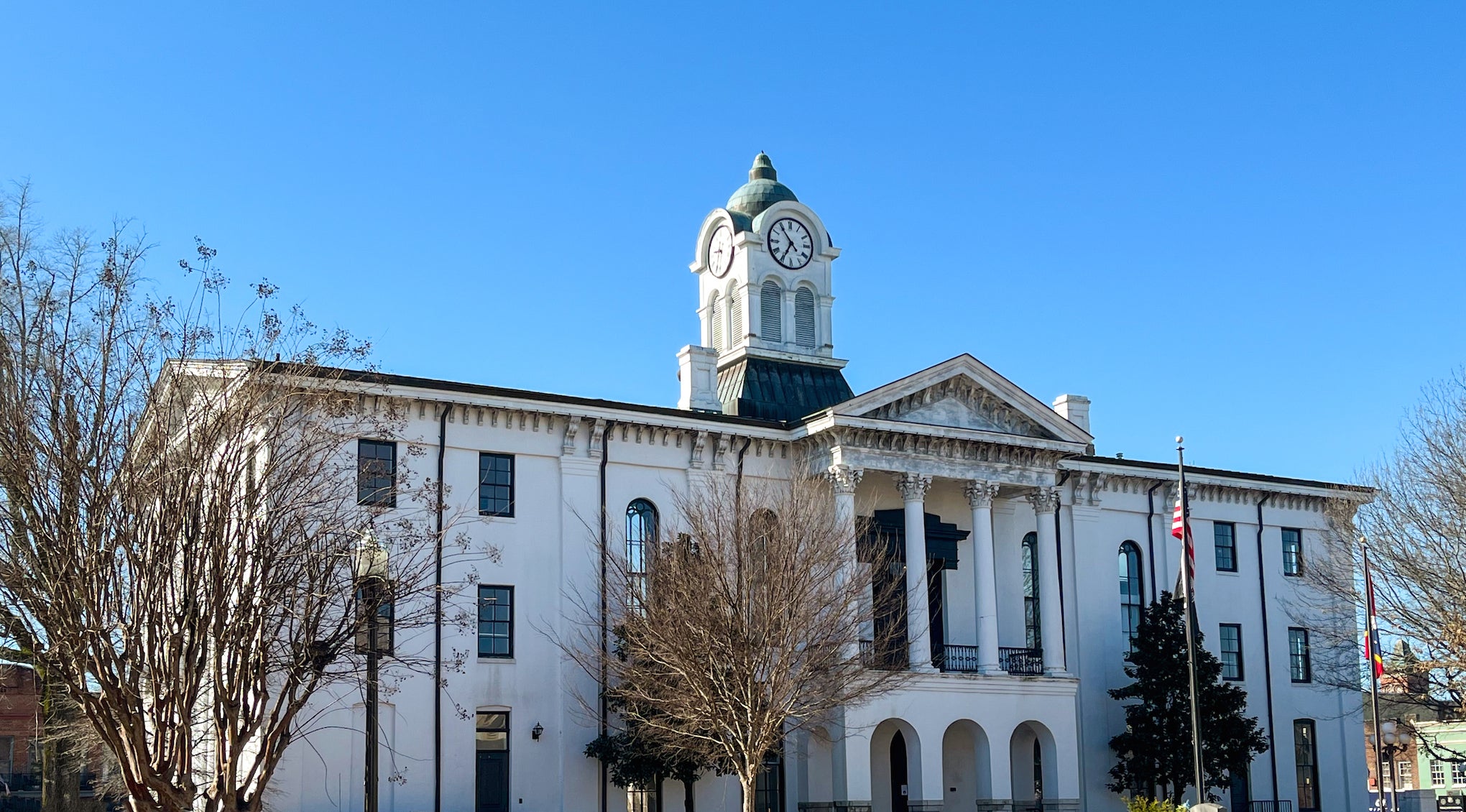Oxford Pharmacist educates public on overdose reversal drug
Published 10:30 am Tuesday, July 31, 2018
Mississippi is the sixth-worst state in terms of opioid prescription rates, but one Oxford pharmacist is working to change that statistic by educating others about opioid overdose reversal drug Naloxone.
Austin Crocker, who recently started working at G&M Pharmacy as a clinical pharmacist, said he first decided to do something to help combat the opioid epidemic while completing his residency with the University of Mississippi.
Through his residency practice site, Tyson Drugs in Holly Springs, Crocker helped create an opioid overdose training program for members of the Marshall County Sheriff’s Department and Holly Springs Fire Department. By training these first responders on how to safely administer Naloxone, five lives have been saved. Crocker said he’s proud of this accomplishment and is actively looking for ways to educate members of the LOU Community about the drug.
“A lot of times the first responders that we trained are the first people on that scene before they get to hospital or EMTs can arrive. Giving them that extra ability and training to help do something sooner was really impactful,” Crocker said. “We would love to partner with the fire departments and law enforcement officers here in town and in the county to have a similar impact.”
Earlier this year, the state of Mississippi issued a standing order that enables pharmacies to dispense Naloxone without a prescription from a physician. It’s available in two forms: Narcan, a nasal spray, and Evzio, an auto-injector similar to an EpiPen.
Both forms of the drug are equally effective, Crocker said, and both begin working within two or three minutes after being administered. Crocker compared the way the drug works to an electrical outlet. If the body is an outlet, he said, the opioids are a plug. Naloxone binds to receptors, effectively unplugging the opioids and plugging itself in to reverse the effects of an overdose.
“All of the breathing issues are reversed, consciousness is renewed. Basically, it holds the drug off,” Crocker said. “It only lasts anywhere from 30 minutes to an hour, and most of those medicines they overdose on last a lot longer than that. So it’s more or less to get them breathing again and regain consciousness, but they still need to call EMTs and go to the hospital for follow-up.”
Crocker said he views Naloxone as a “rescue system,” and said it’s not just for people who are addicted to opioids or at a high risk for overdose. Lafayette County’s prescription rate over the last 11 years is approximately 90 prescriptions per every 100 residents.
The people who are prescribed opioids could be grandparents, neighbors and friends, he said, and access to Naloxone is key to avoiding potentially life-threatening situations.
“We’re not going to sell it to someone because we think they’re going to overdose,” Crocker said. “The push is really just for every household that has those medicines (opioids), they also have that rescue device. Whether it’s for a patient themselves who’s had too much, or kids if they accidentally find it.”
To help raise awareness of the need for Naloxone in households with prescription opioids, Crocker said he and the G&M Pharmacy team will work towards equipping first responders, doctor’s offices and local businesses with knowledge of the drug and how they can access it. Viewing it as a rescue tool and knowing what to do in the event of an overdose can save lives, he said.
In recognition of his efforts in Marshall County, Crocker received the 2018 GenerationRx Award from Cardinal Health during the Mississippi Pharmacists Association’s June meeting. The award also included a $1,500 donation, which Crocker said will help G&M Pharmacy in its community outreach efforts.





